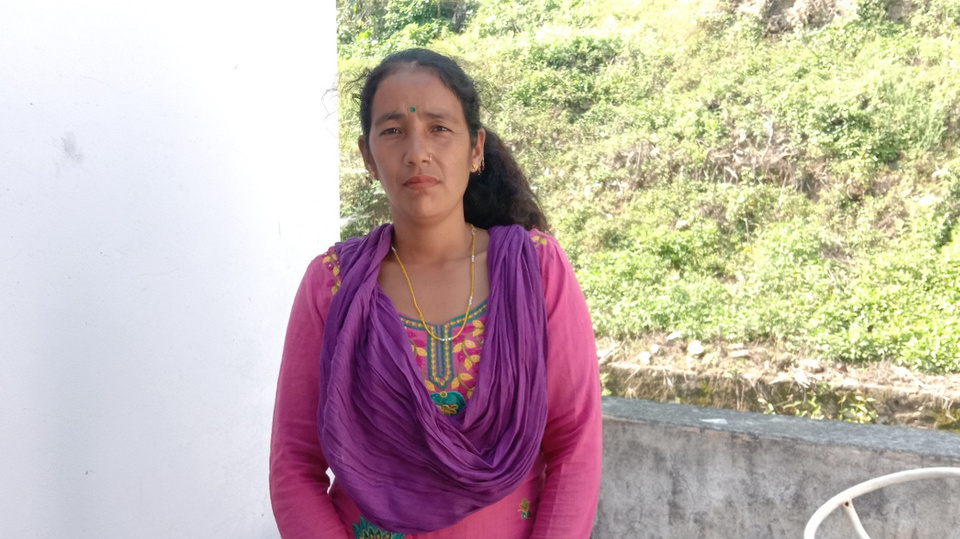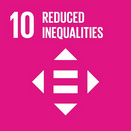From where I stand: Gauri Bista
Gauri Bista is the Secretary of the Reflect Circle Women’s Group and a member of the Women Human Rights Forum in Dipayal Silgadhi Municipality-7 of Sudurpashchim Province in Nepal. As a woman human rights defender, she has been at the forefront of COVID-19 response creating awareness and leading efforts to address physical and mental well-being in the community.Date:

![]()
The current crisis has created divisions in the villages. The lack of awareness about the pandemic has had huge consequences - migrants returning from India have been stigmatized and not allowed to return to their homes by the villagers. Such negative perceptions have even impacted their families and the social harmony in our community.
Many of the migrant workers are returning home with no money. I am very worried to know that a majority of them are the sole income earners for their families.
It maybe that stress arising from the lack of income sources has affected mental health in our villages due to which incidents of domestic violence are on the rise. With few who have the knowledge of signs, prevention measures, or what constitutes violence there is a lack of awareness of measures to contain these ill effects of the pandemic.
I am a single mother with two children and a survivor of domestic violence. I can understand how the rapid decline in income sources and incidents of domestic violence catalyzed by the confinement of women within their homes with perpetrators, can perpetuate already existing social norms.
Because of my experience, I have decided to take matters into my own hands and help in whatever little way I can to contribute to finding solutions. I provide information about COVID-19 via phone calls and meetings with groups of women while wearing a mask provided by the local ward office and by maintaining physical distancing. I have been doing this since the pandemic arrived in Nepal. My belief is that the people I have reached out to will share this information with others thus multiplying efforts for the response.
The training that I have received on human rights advocacy for women and excluded groups have strengthened my capacities to support and counsel victims/survivors of domestic violence and help migrant workers understand the benefits of quarantine. This support has been made available to me as a member of a Grassroots Women Organization (GWO) under UN Women’s programme implemented by a consortium of NGOs led by Legal Aid and Consultancy Centre (LACC) Nepal. A typical counseling session involves sharing information on adopting preventive measures such as washing hands, wearing masks and physical distancing. For those in distress, I share the phone number of a doctor designated by the local municipality so that psychosocial concerns can be addressed. I also provide community members with the details of concerned authorities to report cases of domestic violence during the lockdown. Through the consortium, I have also supported the coordination of relief distribution efforts for families including pregnant women by identifying them and helping supplies reach them.
I take pride in being assigned by the local ward office chief to support the Health Post in my municipality for the medical checkup of the people returning from India to Doti via Kailali district. When the doctor is busy with other work and away from the Health Post, I am responsible for giving out medicines at his advice over the phone. As I am in constant contact with the ward office, I also have advocated for food relief for single women as a result of which some have received food and everyday supplies.
Having counseled at least 1500 women in my community during this pandemic, I know there are bigger challenges in store due to the increasing inflow of migrants returning home - challenges that can only see solutions when our society works together as a whole."
Gauri Bista is a 35-year old women in the frontlines in the fight against COVID-19. She is one of the representatives of a community based women organization supported by Legal Aid and Consultancy Centre (LACC) under the joint UN Women, ICJ and OHCHR programme “Enhancing Access to Justice for Women in Asia and the Pacific: Bridging the gap between formal and informal systems through women’s empowerment”. The programme is generously supported by the Swedish International Development Cooperation Agency (SIDA).
